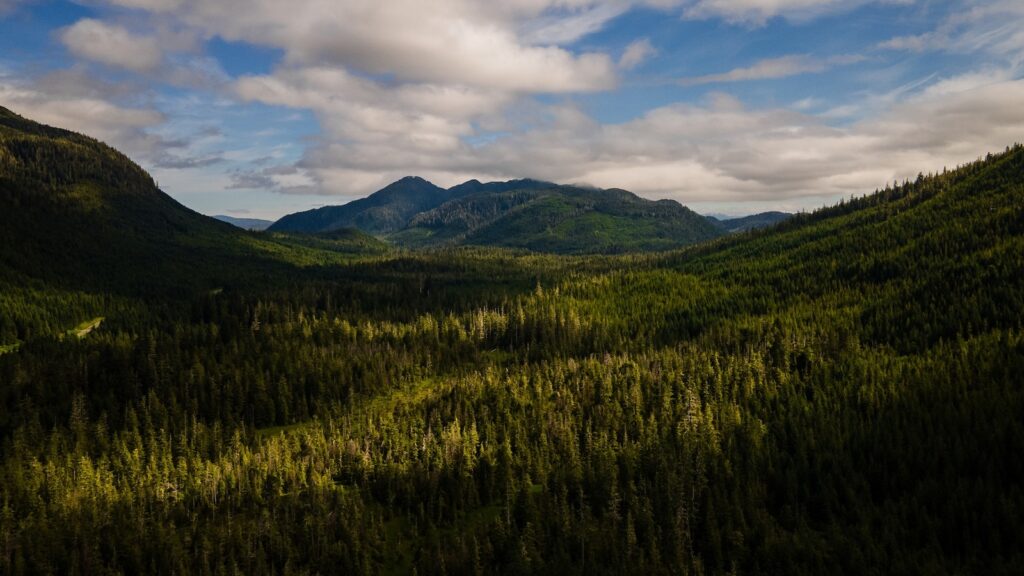
WASHINGTON, D.C. – In a controversial move, the Trump administration announced plans to repeal the “Roadless Rule,” a regulation protecting millions of acres of national forests from development.
Immediate Impact
The decision, unveiled by Secretary of Agriculture Brooke Rollins on Monday, aims to open 58 million acres of federal land to potential road construction and timber harvesting. Environmental advocates warn this could lead to widespread ecological damage.
Key Details Emerge
The “Roadless Rule,” established in 2001 under the Clinton administration, restricts road development and timber harvesting across approximately one-third of the National Forest System. The rule was designed to preserve the natural state of these lands and received broad support upon its enactment.
Rollins described the rule as “outdated” and “overly restrictive,” arguing that its repeal aligns with the USDA Forest Service’s mandate to maintain forest health and productivity. The USDA’s press release emphasized the need for fire prevention and responsible timber production.
Industry Response
Supporters of the repeal argue it will enable better management of forest lands, reducing fire risks and boosting timber production. The USDA claims that nearly 28 million acres of forest under the rule are at high risk of wildfires.
“Rescinding this rule will remove prohibitions on road construction, reconstruction, and timber harvest on nearly 59 million acres of the National Forest System,” the USDA stated.
By the Numbers
- 58.5 million acres affected by the Roadless Rule.
- 92% of Alaska’s Tongass National Forest currently protected.
- Wildfires nearly four times more likely in roaded areas.
Environmental Advocates Sound Alarm
Critics argue that removing these protections prioritizes industrial interests over environmental conservation. Josh Hicks of The Wilderness Society condemned the move as favoring private industry at the expense of public lands.
“Our nation’s public forests belong to all of us, but the Trump Administration is treating them as property for the private industry to clearcut, drill, and profit,” Hicks stated.
Expert Analysis
Drew Caputo from Earthjustice warned that the repeal could increase fire risks, as roaded landscapes are more prone to ignitions. He also highlighted the potential for a surge in industrial logging across federal forests.
“The Trump administration now wants to throw these forest protections overboard so the timber industry can make huge money from unrestrained logging,” Caputo said.
Background Context
The “Roadless Rule” was a landmark conservation effort initiated in 1999, with extensive public input and support. Its repeal aligns with President Trump’s broader deregulation agenda, which includes expanding timber production to support construction and energy industries.
Regional Implications
In states like Utah and Montana, significant portions of federal forest land are currently protected under the rule. Environmentalists fear that revoking these protections could lead to increased development and ecological degradation.
What Comes Next
The USDA plans to issue a formal notice of the rollback in the coming weeks. Environmental groups have vowed to challenge the decision legally, emphasizing the importance of preserving national forests for future generations.
“If the Trump administration actually revokes the roadless rule, we’ll see them in court,” Caputo asserted.
The debate over forest management and environmental protection continues, with significant implications for the future of America’s public lands.




